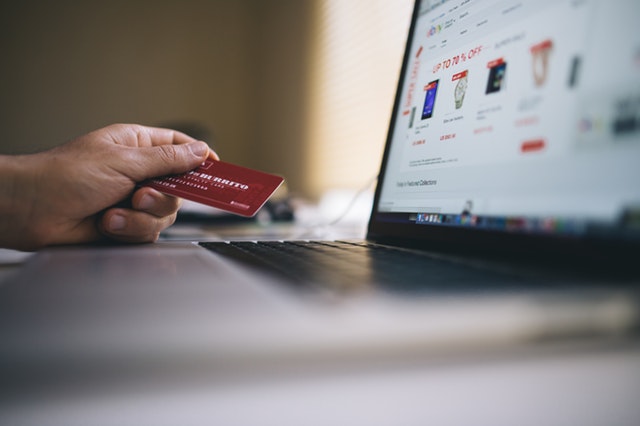How many (grave) security threats have been unearthed in the last two years? Meltdown, Spectre, WannaCry, Annabelle… the list is endless. It seems every morning you wake up, there is a new wild security exploit someone has just discovered.
Will time spent on your computer and online be for updating software and installing new ones as a cybersecurity measure? Or will you get down to doing some actual work? I am thinking the latter!
Well, you will be glad to know that you can actually go online, get your work done, and still not get infected with any of these menacing cyber threats. You only need to be prudent and take due diligent while online. By following the precautions below, you should stay clear of these grave cyber-attacks.
#1 – Install Security Software and have it automatically update
You should always be running up-to-date software on your system. Be it your operating system, application software, or anti-virus/anti-malware programs. Hackers don’t like working too hard, so they often go for the easy targets; folks running outdated operating systems and applications on their devices.
Put yourself in the shoes of a would-be attacker for a second. Why spend so much effort in trying to hack into a phone with the latest security patches while there are millions of devices out with doors literally open for you to hack them?
#2 – Only connect to Trusted Networks
This point will not board well with people who love using the free public Wi-Fi network, but the fact is, it is the one place attackers would get many victims at once. It also takes some extra work on their part to hack into closed networks; again back to my point, hackers like easy targets.
Unencrypted public networks pose a greater risk, as multiple attackers could be lurking and watching what everyone is doing online. Love yourself enough only to connect to networks you or someone you trust can vouch for.
#3 – Avoid Sketchy sites
I don’t think there is a standard to define what’s sketchy or not, but I know based on your experience online. You will immediately know if a site is sketchy or not. The tale-tell signs usually include flashy banner ads, animated images, and pop-up notifications. A good site (one with self-respect and respect for their visitors) will not have such junk. These junk also consume more of your data when visiting and put a strain on your device resourced (CPU, GPU, and RAM).
If you have visited a porn site, then you will know just how sketchy they have been designed. Everything just shouts, from the GUI, banner ads, and images displayed.
#4 – Avoid Freemium versions of Premium Software
There is that old saying, ‘there’s no such thing as a free lunch.’ The web is full of free things, but that does not mean you should go and grab them. You can find movies, music videos, MP3s, video games, and professional software.
By getting premium products for free, you are putting yourself at great risks of getting stolen from. A lot of the vicious viruses, malware, botnets, ransomware, and spyware prefer this route to getting into your device.
#5 – When downloading stuff from internet, only visit Trusted Sources
Take, for instance, if you want the VLC media player, go to the official site of the software maker. Although you can get it from other sources online, there is a chance that what you will be downloading will be hiding an additional set of codes or programs not included by the original maker of the software. Third-party developers could add their own set of codes, or additional program, which when installed on your device, will grant them access remotely.
If you are on a smartphone, always go to Play Store or App Store for all your Android and iDevice downloads. Though they are not foolproof, they are regularly checked for any suspicious activities.



